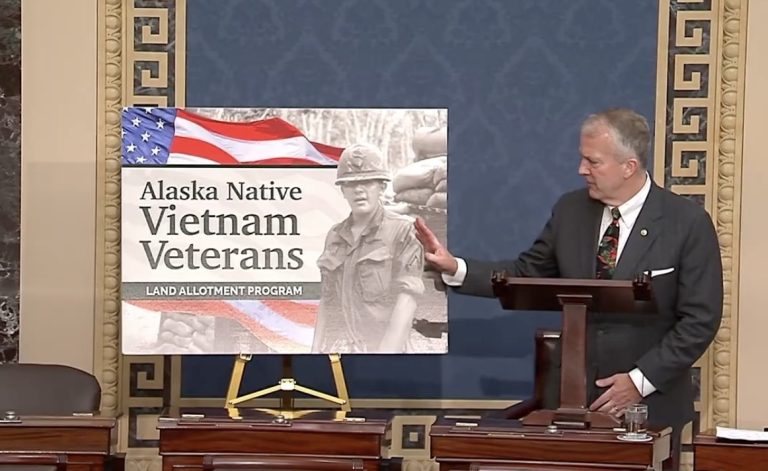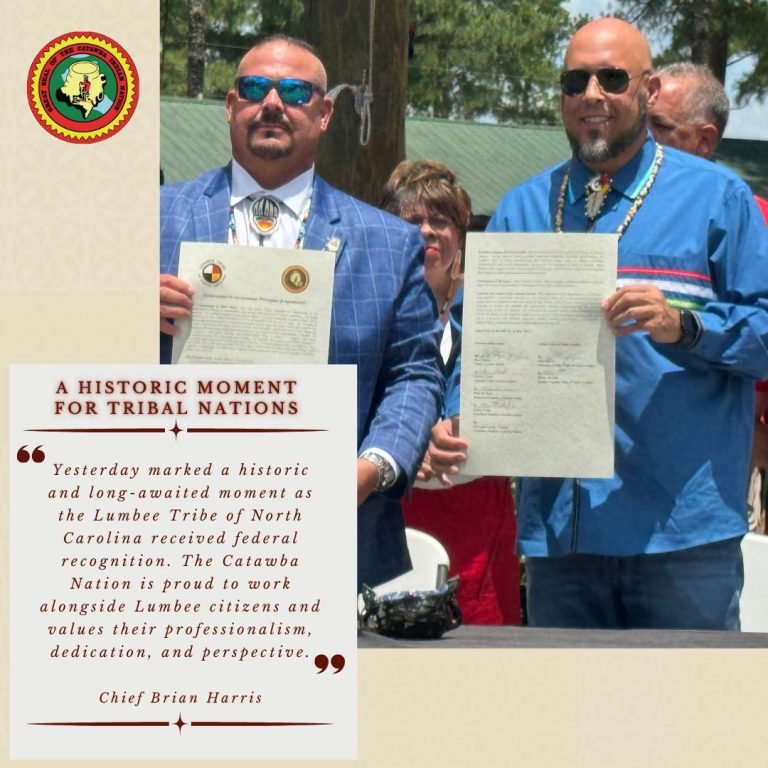Podcast: Play in new window | Download | Embed

Anchor: Megan Kamerick
In Arizona, the state auditor general says officials managing the children’s health insurance program have wrongly ended coverage for some Native American children. Andrew Oxford reports.
State and federal regulations exempt children who are Native American from monthly premiums under the program, known as KidsCare.
But the auditor general found officials kicked 50 children out of the program between 2018 and 2021 because their families or guardians did not pay premiums, even though officials had documentation showing each child was exempt.
The auditor general also found 44 of those 50 children were still not enrolled in KidsCare or any other state Medicaid program as of October and raised concerns they may not have any health insurance at all.
The Arizona Health Care Cost Containment System, which manages KidsCare, says it is putting new procedures in place in response to the report.
 Six tribes and a group of conservation nonprofits in the Upper Colorado River basin have released a “shared vision” for the future of the river. KUNC’s Alex Hager has more.
Six tribes and a group of conservation nonprofits in the Upper Colorado River basin have released a “shared vision” for the future of the river. KUNC’s Alex Hager has more.
Both indigenous groups and environmental advocates are pushing for more recognition in talks about how water is used. Tribes hold the rights to about a quarter of the river’s flow, but have been largely excluded from decision making for decades.
Jennifer Pitt with the Audubon Society says discussion of the environment was also left out of the river’s original governing documents.
“We do find that by working together, we can build each other’s capacity and try to bring some of these historically left out voices into the modern conversation.”
States and tribes are due to negotiate new guidelines for how the river is shared before 2026, when the current rules expire.
 A new report by Amnesty International shows there has not been much progress in addressing sexual violence against Native American women since the last time the organization reported on the crisis in 2007.
A new report by Amnesty International shows there has not been much progress in addressing sexual violence against Native American women since the last time the organization reported on the crisis in 2007.
Minnesota Public Radio reports at least 56% of Native women have experienced sexual violence and one in three have experienced rape. But officials with Amnesty said these numbers are likely lower than the actual number of cases because of a lack of data tracking by the U.S. government.
Tarah Demant (left) with Amnesty International USA told MPR the lack of commitment by the U.S. government is a complete failure of its human rights obligations.
The study also highlights the problem of unclear jurisdictions among federal, state and tribal governments and a lack consistent funding for law enforcement and prosecution. This is despite the passage of legislation to address the issue such as the Tribal Law and Order Act of 2010 and the Violence Against Women Act.
Amnesty is calling for the full restoration of tribal jurisdiction over all crimes committed on tribal lands and greater funding for law enforcement and prosecution as well as healthcare.
 In Colorado, a law takes effect June 1st where schools that retain Native American mascots face a monthly fine of $25,000.
In Colorado, a law takes effect June 1st where schools that retain Native American mascots face a monthly fine of $25,000.
But as the Colorado Sun reports, it’s unclear who will collect that money since no agency has been empowered to do so. This is despite the fact the law was passed last year. The news site reports lawmakers considered closing the loophole this year as part of a school finance bill, but that didn’t happen. They may take it up later this year, but what that means in the interim for schools that violate the law is unclear.
The Colorado Commission of Indian Affairs told about two dozen schools to get rid of mascots that use Native American imagery. Those that refuse are supposed to send $25,000 to the state’s Treasury Department starting in June. But the Sun contacted schools who may be subject to the law. None of them planned to remit the fines.
The Commission is also deciding this week whether to add Thunderbirds to its list of derogatory mascots. This could add another seven schools to the list that may need to get rid of their mascots before June 1st.
General Counsel for the Ute Mountain Tribe Peter Ortego said the tribe likely is not interested in pursuing fines or punishment. Rather it wants the mascots removed and for schools to work with tribes to find a solution.
Get National Native News delivered to your inbox daily. Sign up for our newsletter today.



